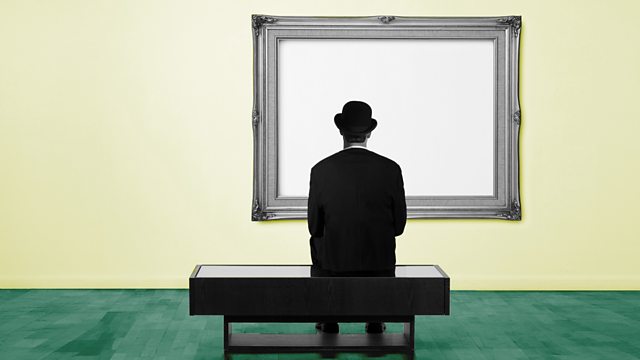Time Canvasses - Morton Feldman and Abstract Expressionism
How friendship with Philip Guston and Mark Rothko took American music in new directions
In a remarkable moment after WWII New York became the centre of the art world, simultaneously seeing the development of new ways of hearing music, and new ways of seeing art.
It was here that the American experimental composer Morton Feldman said, βWhat was great about the fifties is that for one brief moment - maybe, say, six weeks - nobody understood art. Thatβs why it all happenedβ.
The composer Samuel Andreyev shows how composers and artists in New York in this period went about the difficult business of wrestling with a new abstract language, often at great cost to themselves, to produce some of the masterpieces of post war American art.
Samuel focuses on the powerfully productive relationships that Feldman had with the abstract expressionists, Philip Guston, and Mark Rothko, who showed him by example how to set his sounds free, in the same way their paintings set colours free.
Feldman even called his own compositions, βTime Canvassesβ, where he said, he more or less primed the canvas with an overall hue of music. This is a clue to the unorthodox way Feldmanβs music - which can be both very long, and almost always very quiet - remarkably blurs what we imagine to be the boundary between music and painting.
A Soundscape Production, produced by Andrew Carter.
Podcast
-
![]()
The Radio 3 Documentary
Exploring different aspects of history, science, philosophy and the arts.


